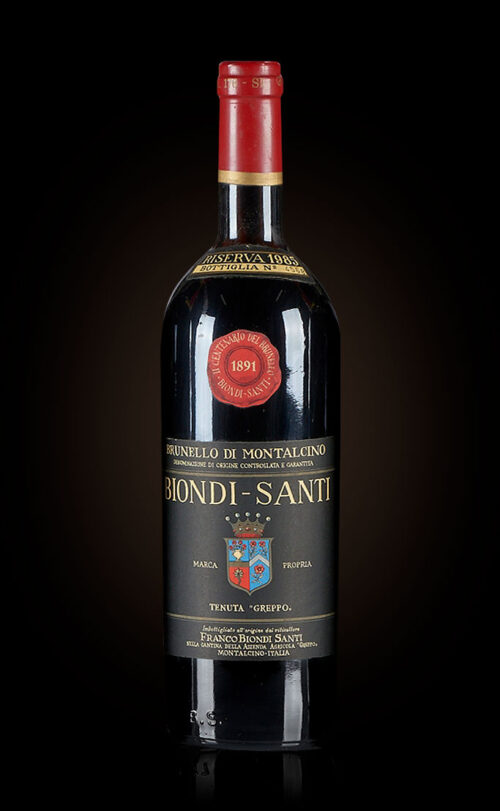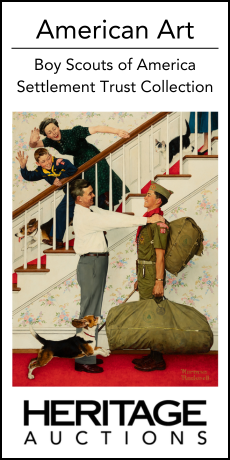
By Francesco Bianchini
We all know the flavors of happy days and treasure them in our memories. But what is the taste of our darkest days? What was the schnitzel we ate when the world collapsed around us? A mid-August evening thirty years ago in Rome remains among my saddest memories. The relationship I was then having had come to an end. The really distressing thing was that we both knew it, and we were badly pretending that nothing had happened. Our vacation in Italy, instead of providing us with a romantic interlude, had been a complete disaster. Maybe in another moment it could have worked; but at the time we were too incorrigible, too immature.
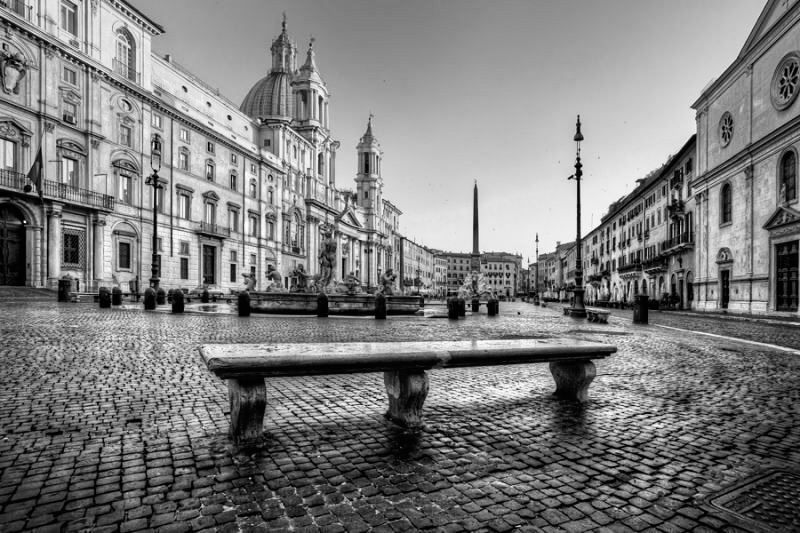
Deserted Rome – Ferragosto
Against all common sense, I had clung to William like hanging on to an overturned boat after a shipwreck. Up to that point, I’d been content to follow him – a route marked by floating buoys in a sea otherwise unknown and terrifying in its immensity. We went to dinner with heavy hearts. When I say thirty years ago, I’m referring to a time when Rome in mid-August was a desolation of lowered shutters, withered oleanders, plants languishing on balconies, rare buses loaded with Asian tourists, and whirlwinds of dust dancing on the hot, deserted asphalt. William did not want to hear reason and had insisted on calling a cab. He told the driver to take us to the best restaurant around. Let’s end this with style, he seemed to be saying with Anglo-Saxon martiality. Out of the corner of my eye I watched him as he sat beside me, pretending to be interested in the view out the window. I thought about the few liras I had left in my pocket and got even more anxious.
The taxi driver dropped us off in front of Girarrosto Fiorentino, off Via Veneto. The restaurant was crowded but we found a slightly secluded table. William ordered swiftly as if he had prepared to give the best of himself at that precise moment. He probably felt like the master of the situation; a soldier trained to face any adversity – except for having to deal with his own monsters. He put his hand on mine to signify that everything was going well, and then quickly withdrew it as if he had been smitten with shock. I don’t remember what we ate, but I do remember the bottle of 1985 Brunello di Montalcino, Biondi-Santi, like it was yesterday.
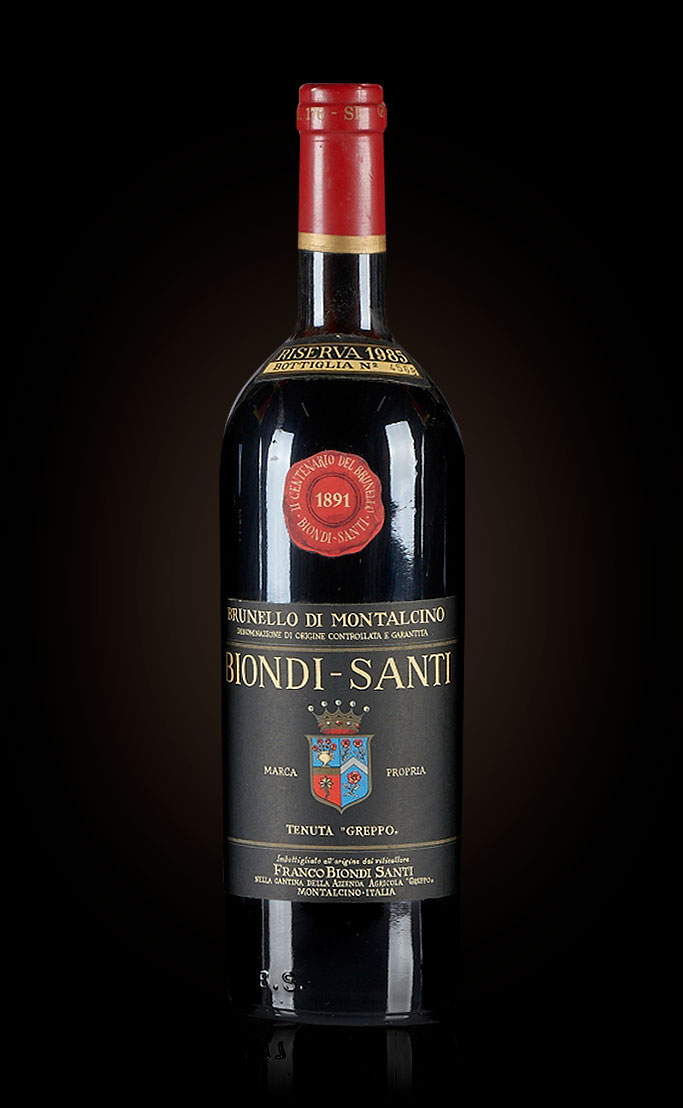
One of Tuscany best wines
I have always appreciated wine, but at the time I didn’t pay much attention to what I was drinking. As soon as the cork popped, a scent spread around the table that seemed to redeem something of the past weeks; of those rare moments in which we, both relaxed, without second thoughts or racking our brains, had let ourselves be carried away by the torpor of the afternoon hours, the quiet of the garden, and the unspoiled beauty of Italy. That whiff of wilted rose should have reminded him of the same moments, and made him wish that – at least – those were saved from a summary and absolute condemnation. Instead William spent a few words in praise of the wine with the frigid politeness of the well-born Englishman. His blond head was perfectly inscribed in the oval of a panel behind him, like a cameo. Whatever the inspiration, he began telling some innocuous anecdote, keeping the conversation neutral and disengaged, since the past was full of pain and the future did not belong to us. From time to time he looked at me uneasily, as if afraid that I might indulge in some impropriety in public. As for me, I was experiencing an extraordinary harmony with that wine – devoid of any sharpness which, like a beneficial transfusion, heals without taking anything away from the deep melancholy of the moment; the rotten blood in my body. It was like a flame that warmed my hands in the middle of the frozen tundra.
We returned to London where, surprisingly, an early autumn had arrived. The leaves of plane trees formed a dirty, slimy carpet along the drainage channels of the streets. I no longer had even the pathetic alibi of the blue skies of Italy. I had lost the job that supported me and, shortly, I would have to vacate the house I could no longer afford. There wasn’t a door I hadn’t already knocked on. There wasn’t anyone who hadn’t already listened to me. In one way or another, it was as if every shutter had closed on all the windows of the world. Soon I would be alone, left to my own devices.
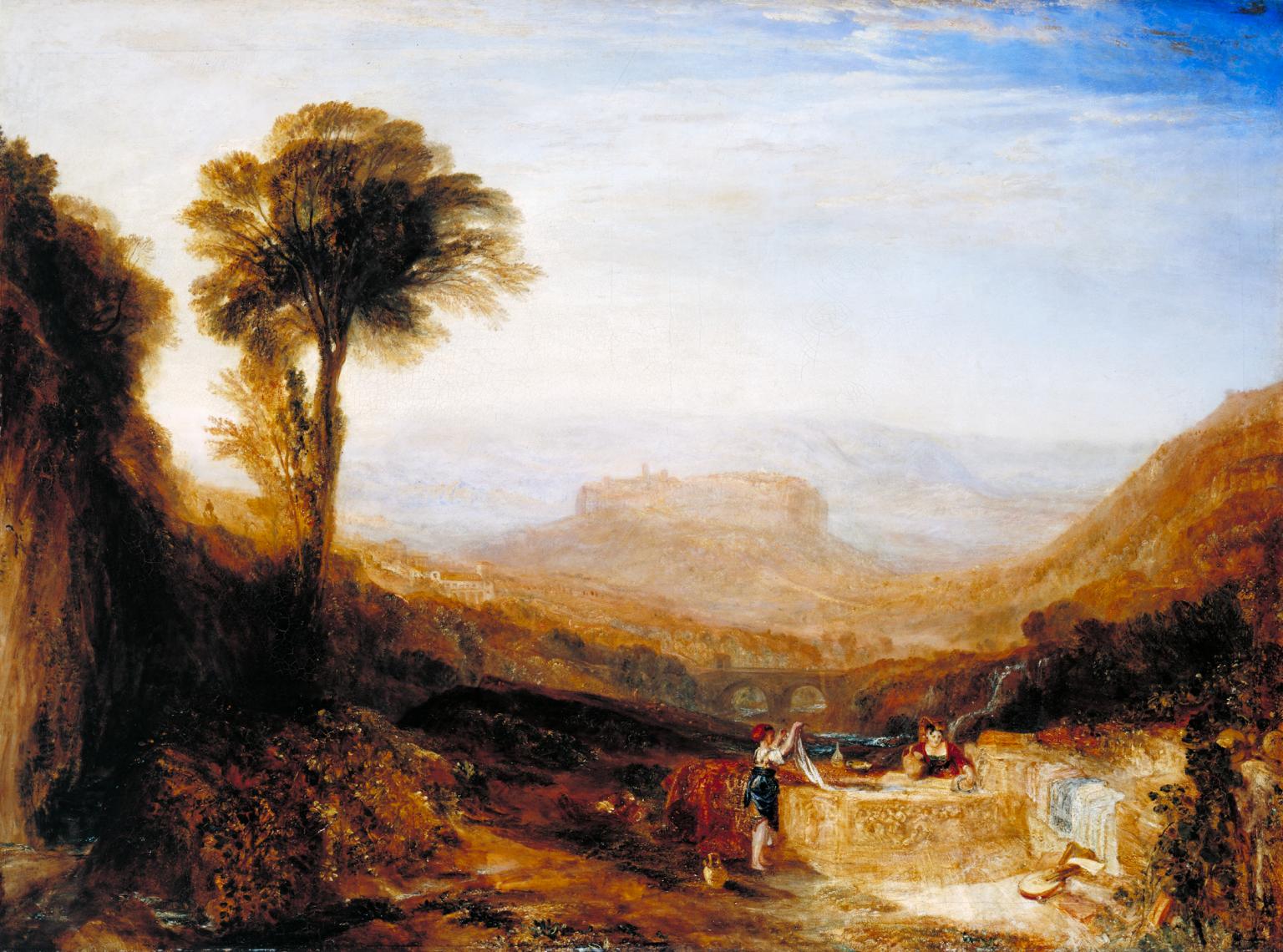
View of Orvieto (1828) JMW Turner
I saw William a few more times in London but those don’t count. In fact my last memory of him was our visit together to see Turner’s Italian paintings at the Tate Gallery, actually a pathetic tour among the ruins. Out of guilt he insisted that I accept some money. I spent it frivolously: in a bookstore I bought novels by Isabel Allende in Spanish. I still have them – even though I can’t stand paperbacks – as a reminder of the madness I went through. I subsequently found a room for five pounds a day in Brixton, the ethnic neighborhood of London before the gentrification of the coming decades. That was also when I hit the bottom of food abjectness. I frequented MacDonald’s every day for lunch and dinner, calculating that another five pounds would pay for two Big Mac meals. The vinegar and salt-soaked French fries began to ulcerate my lips. I left England within a week of that existence with a mouth full of cold sores.
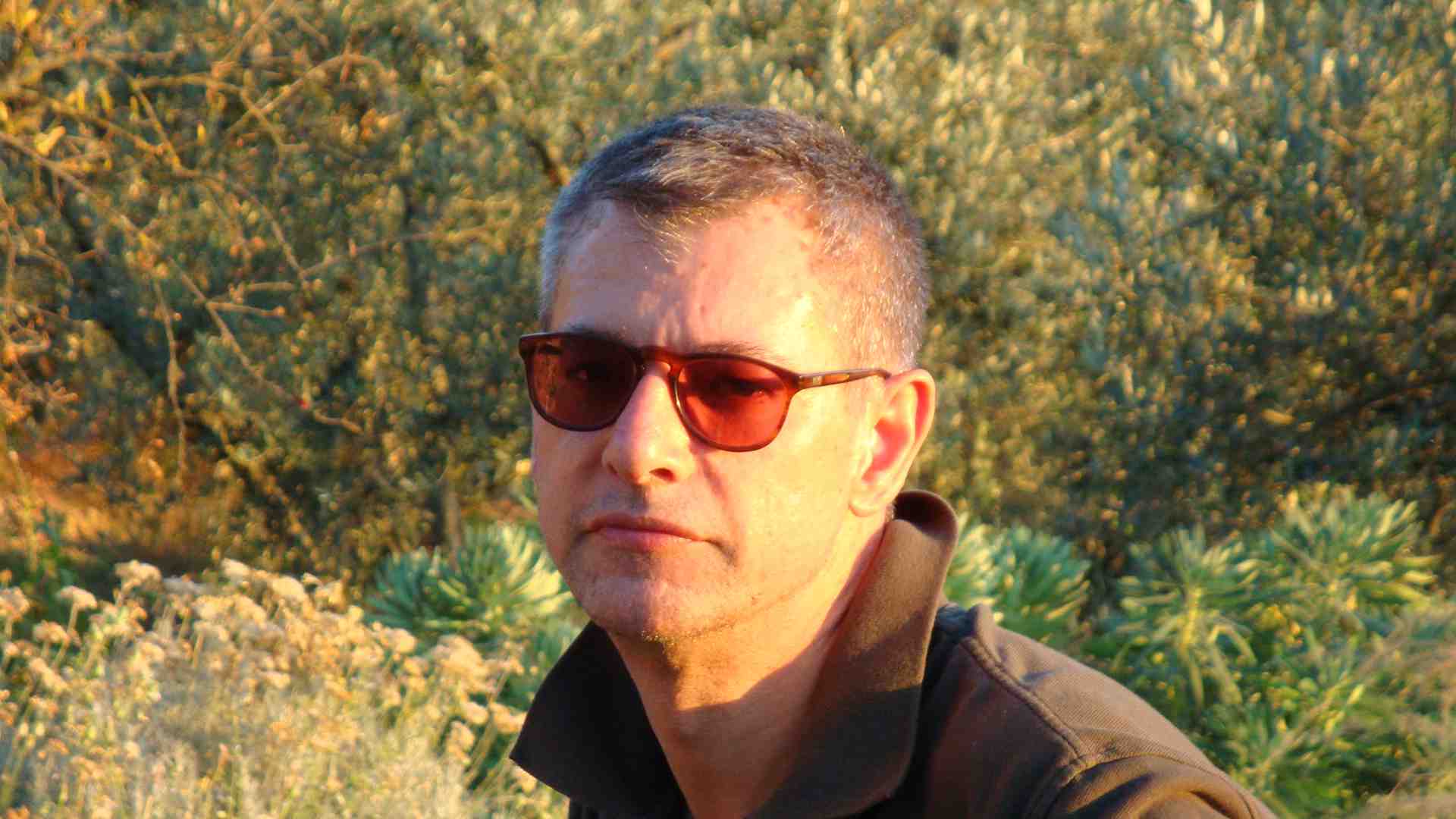
The end of the affair



